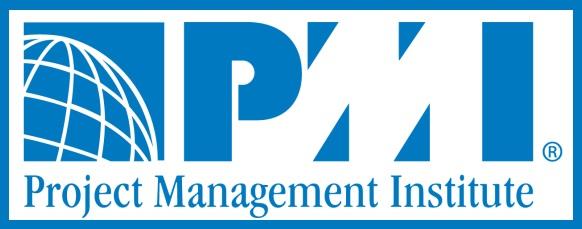PMP Book 6th edition changes are noticeable and critical. Some of the changes made in the previous version include the agile addiction which is a big part of every business. The PMP Book 6th edition changes feature some significant improvement which is based on the research made by PMI’s on the use of Agile and scrum and their effects.
PMBOK 5th edition changes include the addition of agile information in appropriate areas within the guide. A separate practice guide will be released together with the PMP Book 6th edition. The PMP Book 6th edition changes also include 49 new processes which will also be added. These changes have filled the necessary gaps in the book and made it more holistic by addressing issues that were skipped in the previous versions.
There are quite a few name changes that were made and they can be grouped into two categories which include the change of name in the knowledge areas e.g. “Project time management” changing to “Project schedule management”. The second category is the change of name of processes e.g. “Plan Stakeholder Management” to “Plan Stakeholder Engagement” and “Plan Human Resource Management” to “Plan Resource Management”.
PMP Book 6th edition changes do not only include generally accepted practices but also techniques and trends especially for those that wish to look into the industry.
CAPM training offers recognition to professionals in the project management sector. This training is offered by The Master of Project Academy to improve principles and methods required for carrying out the standard project. CAPM training adds great value to your CV and skills as you stand a chance of learning Project management processes, project and organization life cycle, project risk management, communication management especially with the Master of Project Academy.
The Master of Project Academy helps to improve your technical competence, skills and business approach.




